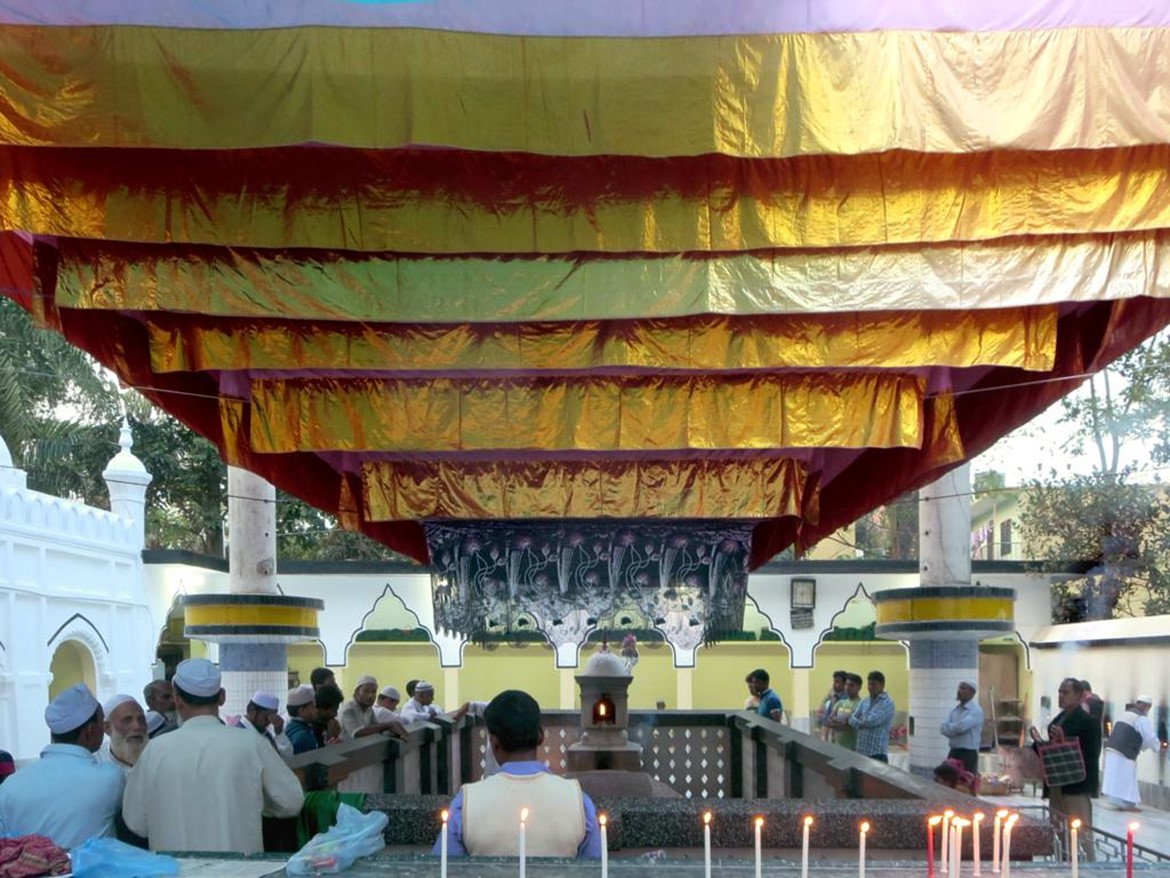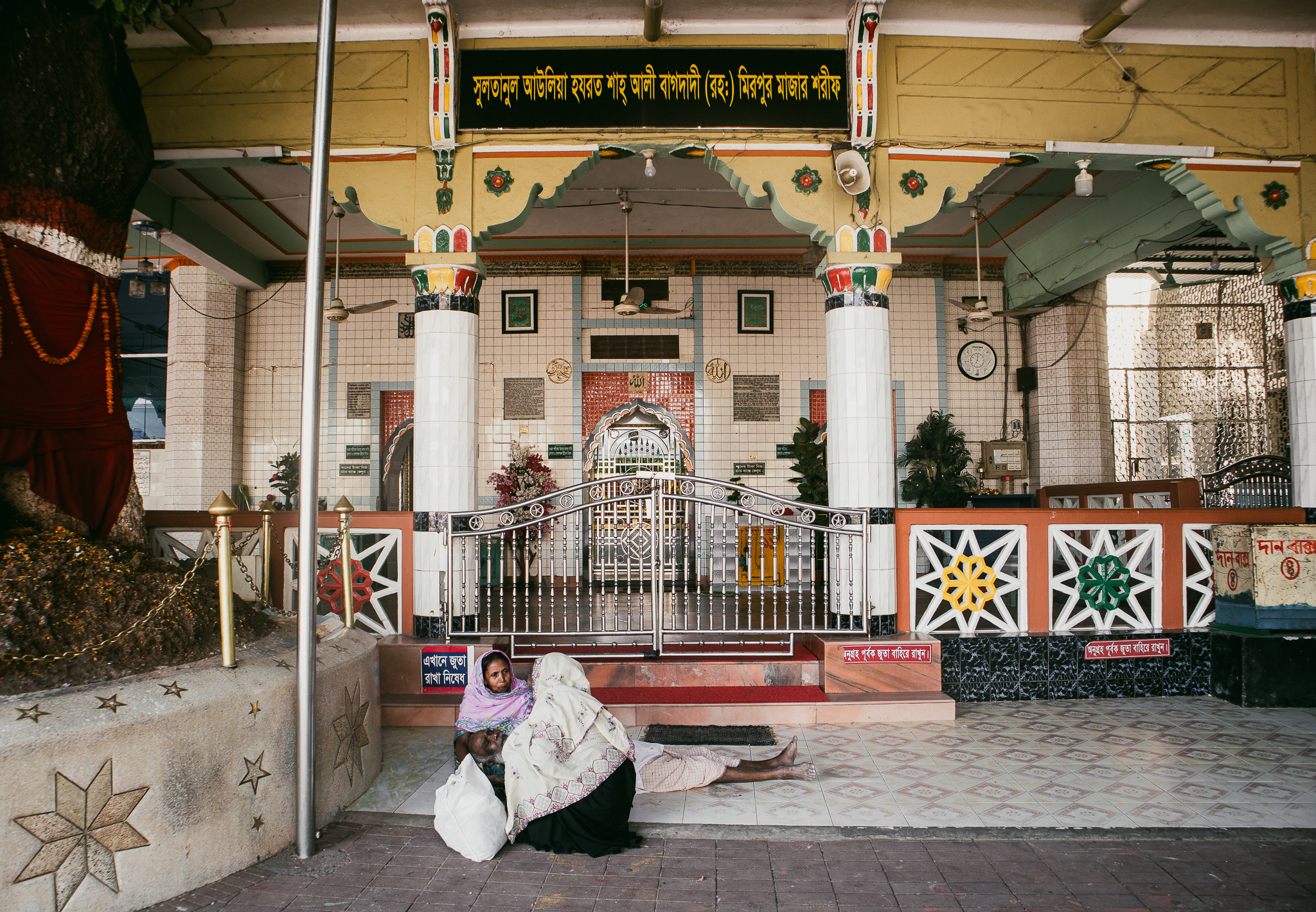Let shrines and akhras reclaim their spirit

We are deeply concerned about the lingering fear that haunts pirs, fakirs, khadems, Bauls, and other spiritual practitioners even months after the wave of attacks on shrines, Sufi darbars, and Baul akhras committed in early August. These attacks, which erupted in the wake of the fall of the Awami League government, not only desecrated places of devotion and mystical music but also shook the very foundation of our inclusive spiritual traditions. As per a report by this daily, while the frequency of such attacks has largely declined, they have not stopped entirely, with the latest incidents occurring as recently as February 20-21 in Noakhali and Manikganj. The result is that the devotees are still living in fear and insecurity.
Our analysis shows that among the various institutions of Islamic mysticism, the shrines of the Pagal-Fakirs have been the most affected. These sites typically welcome people of all faiths, races, and genders, incorporating music as a central element of worship. The destruction of such "spiritual free zones", as an expert stated, not only disrupts the practice of worship through music but also restricts women's entry and expressions of devotion. This forceful imposition of a stricter interpretation of Sharia has also seen other places of devotion being targeted.
The chief adviser's press wing, on January 18, confirmed attacks on at least 40 shrines since August 4. Meanwhile, the Global Sufi Organisation on January 23 claimed that at least 80 shrines had been attacked since August. According to The Daily Star's own findings, corroborated by other media reports, over 70 shrines and akhras across the country were attacked, vandalised, set ablaze, or looted in August and September alone. In some instances, devotees were publicly humiliated by having their hair and beards forcibly shaved off. Although no attacks were recorded in October and December, several shrines were targeted in November as well as January and February. Some of these sites are centuries old, carrying immense historical, archaeological, and religious significance. They stand as living testaments to the role of Sufi traditions in the spread of Islam in this part of the world.
Clearly, the Sufi and Baul traditions are an integral part of our cultural and religious heritage, and as such, need to be protected rather than desecrated. To justify these attacks by citing rigid interpretations of Islam—condemning music or mixed-gender prayer gatherings—is nothing but a misguided attempt as these traditions have coexisted with mainstream Islamic practices for centuries, enriching our spiritual landscape. The attacks also go against our constitutional values of pluralism and non-discrimination that were reaffirmed by the July uprising. We, therefore, urge relevant authorities to counter rising intolerance in the country, and ensure that all shrines and akhras can resume their activities without any intimidation or obstruction.



 For all latest news, follow The Daily Star's Google News channel.
For all latest news, follow The Daily Star's Google News channel. 


Comments